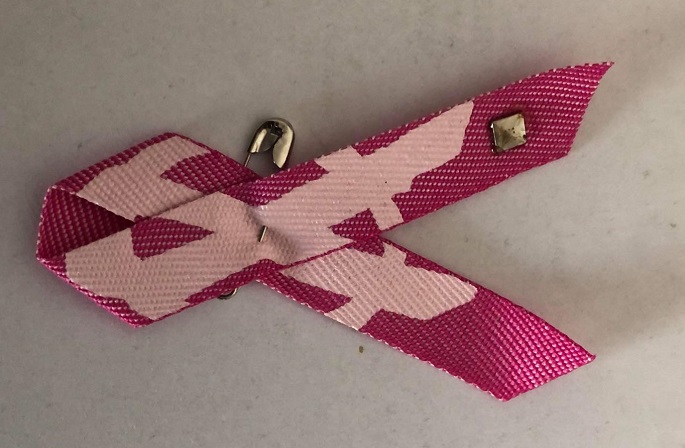Breast cancer less common but more deadly in men: study
Published : 09 Feb 2025, 21:22
Men are less likely to develop breast cancer than women, but are more likely to die from the disease, according to an analysis in Germany, reported dpa.
Some 80.4% of women and 69.6% of men are still alive five years after diagnosis, said the Bavarian State Office for Health and Food Safety (LGL) in Germany, based on cancer registry data.
As men are rarely diagnosed with breast cancer, little information is available about diagnosis, treatment and prognosis.
Male breast cancer accounts for less than 1% of all breast cancer diagnoses, according to the Breast Cancer Research Foundation.
In Germany, 70,550 women and 740 men were newly diagnosed with breast cancer in 2020, said the country's Robert Koch Institute (RKI). Women have a 13.2% chance of developing breast cancer during their lifetime, while for men, the rate is 0.1%.
The LGL analysis found the tumour stage was more advanced in men at the time of diagnosis, that they tended to be older than women and that they were treated less frequently.
However, even if these factors are factored out, the risk of death remains higher in men, the scientists say, pointing to lifestyle, biological or genetic factors.
"What we are also seeing is that breast cancer treatment carried out according to current medical standards, provided it is carried out consistently, has a similarly positive effect on survival in men as it does in women," said LGL President Christian Weidner, after the study of some 2,500 men and around 307,600 women in Germany who were diagnosed with the disease between January 1, 2000 and December 31, 2018.
Looking ahead, in 2025, about 2,800 men will be diagnosed with breast cancer and approximately 510 will die from the disease, according to the American Cancer Society. In comparison, about 316,950 women will be diagnosed in 2025 and 42,170 will die.
Medics advise men and women alike to look out for symptoms such as lumps in their breast or any changes in their nipples.
Doctors, too, should look for signs of possible disease and follow up on recommended treatment.


